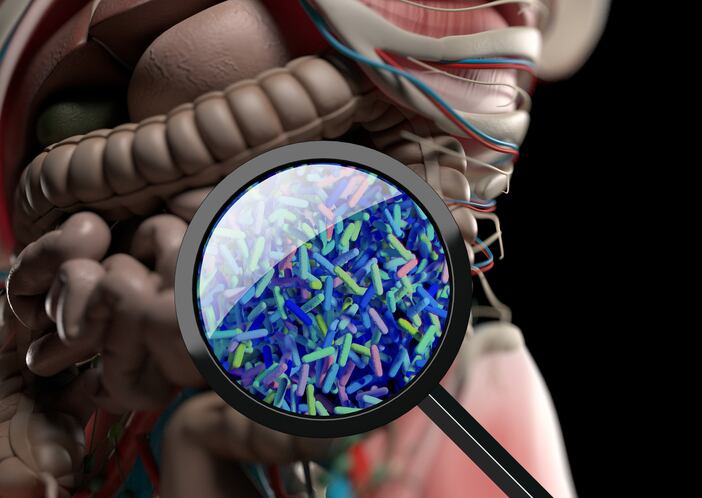Parkinson's disease is characterised by slowly destroying the brain due to the accumulation of the protein alpha-synuclein and the subsequent damage to nerve cells. The disease leads to shaking, muscle stiffness, and characteristic slow movements of sufferers.
In the new research project, published in the scientific journal Acta Neuropathologica, the researchers used genetically modified laboratory rats which over-express large amounts of the alpha-synuclein protein and therefore have an increased propensity to develop symptoms similar to those seen in Parkinson's patients.
The researchers initiated the process by injecting alpha-synuclein into the small intestines of the rats.
Professor Per Borghammer, who is professor at the Department of Clinical Medicine at Aarhus University, says the experiment demonstrated that the protein subsequently spread in a predictable fashion to the brain.
"After two months, we saw that the alpha-synuclein had travelled to the brain via the peripheral nerves with involvement of precisely those structures known to be affected in connection with Parkinson's disease in humans. After four months, the magnitude of the pathology was even greater. It was actually pretty striking to see how quickly it happened."
This is not the first time that researchers have found evidence this disease may begin in the gut. In experiments in mice, Johns Hopkins Medicine researchers found additional evidence that Parkinson's disease originates among cells in the gut and travels up the body's neurons to the brain.
The study, described in the June issue of the journal Neuron, builds off observations made in 2003 by German neuroanatomist Heiko Braak that showed people with Parkinson's disease also had accumulations of the misfolded alpha-synuclein protein in the parts of the central nervous system that control the gut.
What does it mean?
Per Borghammer explains that patients with Parkinson's disease often already have significant damage to their nervous system at the time of diagnosis, but that it is actually possible to detect pathological alpha-synuclein in the gut up to twenty years before diagnosis.
"With this new study, we've uncovered exactly how the disease is likely to spread from the intestines of people. We probably cannot develop effective medical treatments that halts the disease without knowing where it starts and how it spreads—so this is an important step in our research...
"Parkinson's is a complex disease that we're still trying to understand. However, with this study and a similar study in the USA that has recently arrived at the same result using mice, the suspicion that the disease begins in the gut of some patients has gained considerable support."
The research project at Aarhus University also showed that the harmful alpha-synuclein not only travel from the intestines to the brain, but also to the heart.
"For many years, we have known that Parkinson patients have extensive damage to the nervous system of the heart, and that the damage occurs early on. We've just never been able to understand why. The present study shows that the heart is damaged very fast, even though the pathology started in the intestine, and we can continue to build on this knowledge in our coming research," adds Per Borghammer.
Source: Acta Neuropathologica
Authors: Nathalie Van Den Berge et al.
"Evidence for bidirectional and trans-synaptic parasympathetic and sympathetic propagation of alpha-synuclein in rats"


